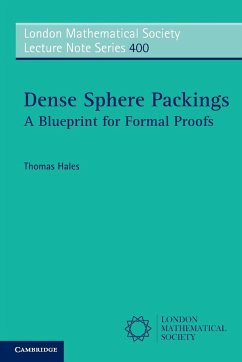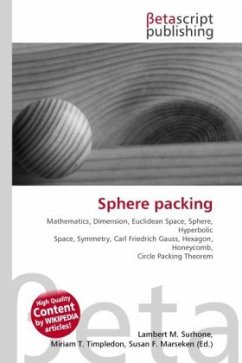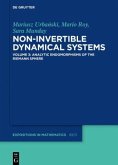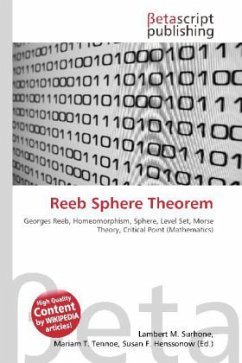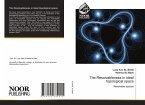The 400-year-old Kepler conjecture asserts that no packing of congruent balls in three dimensions can have a density exceeding the familiar pyramid-shaped cannonball arrangement. In this book, a new proof of the conjecture is presented that makes it accessible for the first time to a broad mathematical audience. The book also presents solutions to other previously unresolved conjectures in discrete geometry, including the strong dodecahedral conjecture on the smallest surface area of a Voronoi cell in a sphere packing. This book is also currently being used as a blueprint for a large-scale formal proof project, which aims to check every logical inference of the proof of the Kepler conjecture by computer. This is an indispensable resource for those who want to be brought up to date with research on the Kepler conjecture.
Hinweis: Dieser Artikel kann nur an eine deutsche Lieferadresse ausgeliefert werden.
Hinweis: Dieser Artikel kann nur an eine deutsche Lieferadresse ausgeliefert werden.
'... interesting and unusual book ... beautifully written and is full of interesting historical notes. Moreover, each chapter is equipped with a very helpful summary, and many technical arguments are accompanied by a conceptual informal discussion. The book also features a detailed index and a nice bibliography. It is bound to become an indispensable resource for anyone wishing to study Kepler's conjecture.' Zentralblatt MATH
